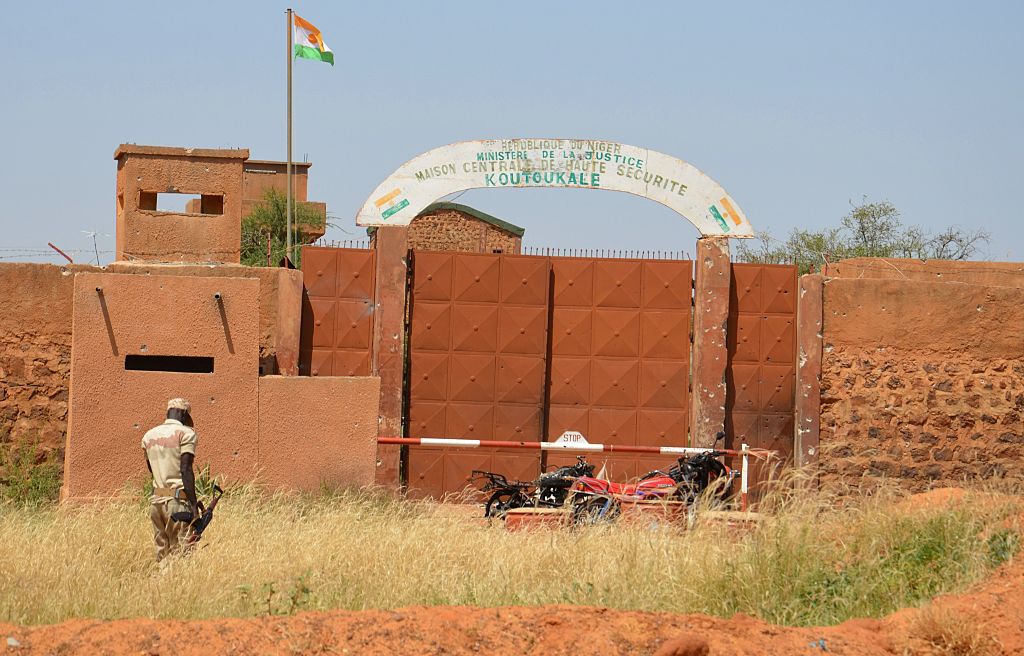Hospitals in developing countries have adopted an alarming practice to ensure patients pay their hospital bills.
An eye-opening expose from Broadly shed light on hospital detention, which consists of hospitals holding patients hostage until their hospital bills are paid.
Nigerian fashion designer Folake Oduyoye was held for over a month after she gave birth to her fourth child in 2014. She was detained because of a $4,000 bill resulting from treatment for an infection caused by her cesarean section. The hospital also discontinued treatment, and Oduyoye never left the hospital alive; she died of sepsis and pneumonia.
Adeyemi Oduyoye, her husband, was devastated. He slept next to her every night while she was in the hospital.
“These people, they caused me to have no wife, they made my children motherless,” he said. While his wife was detained, Adeyemi offered to pay off the balance in installments, but the hospital did not budge.
Hospital detention is a common practice for hospitals with scant resources and funding. Patients who are unable to pay are often sent to special wards, watched by armed guards and even placed behind chained doors.
Blavitize your inbox! Join our daily newsletter for fresh stories and breaking news.
Nigeria isn’t the only nation with this issue. A 2018 two-part series by The Associated Press witnessed the practice in hospitals in Kenya and Congo. Outside of Africa, medical institutions in China, India, Thailand, The Philippines. Lithuania, Bulgaria, Bolivia and Iran also imprisoned patients. Some people can be held for months or even years.
“It’s very hard when we have to detain somebody, but we have to recuperate the costs of the products we use, or else we can’t treat other patients,” said Dr. Veronique Kashala, who works in Congo.
The conditions of the rooms are often substandard.
Mike Ahern, Congo field coordinator for the International Rescue Committee, saw women sitting on floors when he toured a hospital. When he asked why they were there, the staff was open about it.
“The response was very simple: ‘We make them sit on the floor to encourage them to pay,’” he said.
Nigerian hospitals didn’t treat their patients any better. For a nation with the world’s second highest maternal mortality rate, this is disturbing.
“Typically the women would be kept in a separate ward. In some instances they couldn’t see sunlight, they would be forced to sleep on the floor, and they wouldn’t be given any food,” said Onyema Afulukwe, the senior legal counsel for Africa for the Center for Reproductive Rights. “It was a condition of detention that amounted to torture, in many instances.”
Many hospitals receive funding from Western organizations, but the problem is often ignored. A lack of data contributes to the lack of care.
"People know patients are being held prisoner, but they probably think they have bigger battles in public health to fight, so they just have to let this go,” global health expert Sophie Harmon told the AP.
Chatham House health policy expert Robert Yates wants the World Health Organization to step in.
“As part of their drive for universal health care, WHO could sit down all the health ministers and say we publicly commit to ensuring we’re not illegally locking up people in our health facilities,” he said. “As uncomfortable as this might be for everyone, the U.N., governments and donors need to confront this issue as a human rights abuse and then actively monitor this so that it can be officially banned and ended.”
Until major intervention happens, a few patients have taken their grievances to court. Women Advocates Research and Documentation Centre (WARDC) is working on gathering former patients for a class action suit.
Last year, the Kenyan High Court ruled in favor of two detained women and deemed hospital detention "cruel, inhuman and degrading." Adeyemi took his case to court, but it was thrown out, and he recently won an opportunity to appeal the decision.
“I need justice,” he declared. “If I step aside, they will continue doing this.”
Now, check these out:
1,000 Cases Of Ebola Have Been Reported In The Democratic Republic Of Congo
Eritrean Minister Of Information Mourns The Death Of Nipsey Hussle On Twitter
